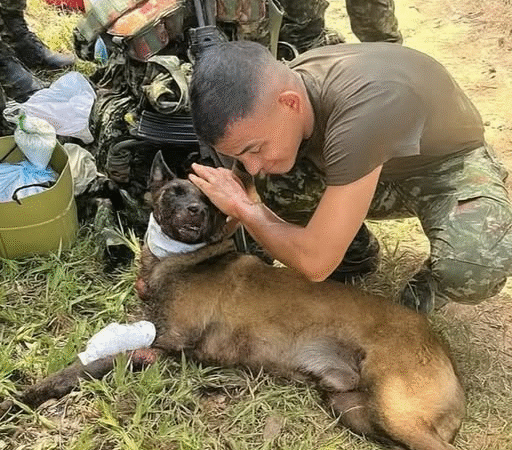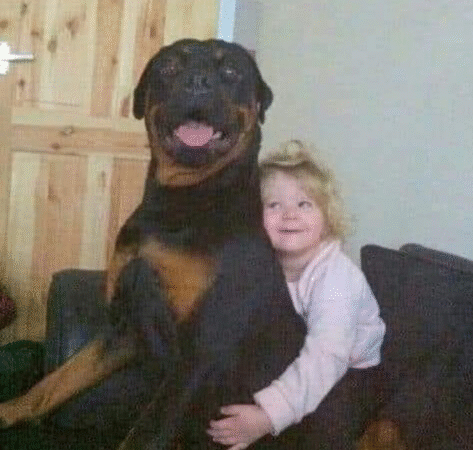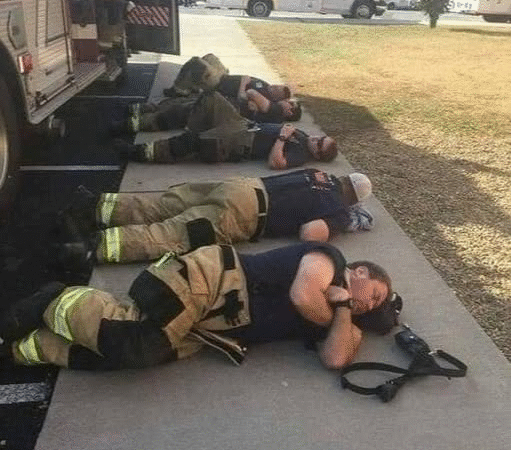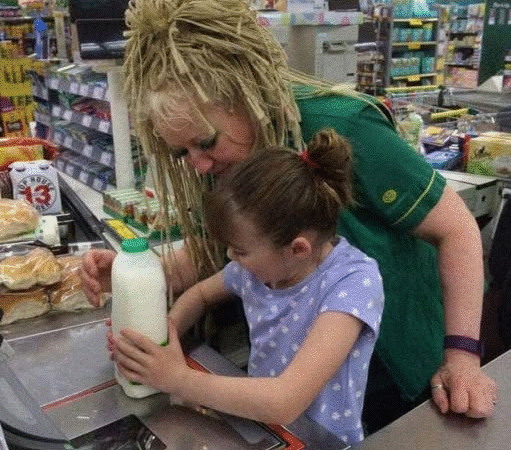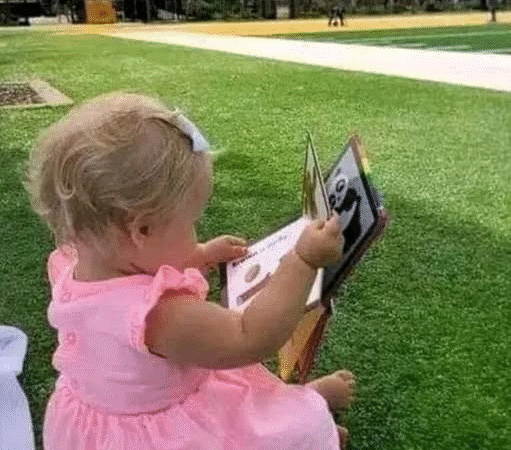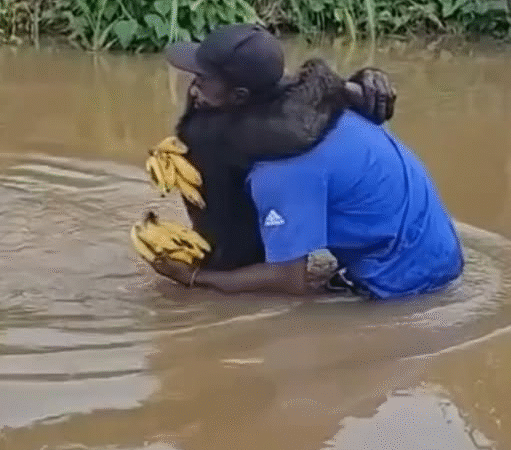Stranded Owlet in Parking Lot Gets Unexpected Help…f

On a quiet morning in Clearwater, Florida, Detective Smith of the Pinellas County Sheriff’s Office found a tiny Eastern screech owlet alone in a parking lot. The owlet appeared vulnerable, with no sign of its nest or parents nearby.
Concerned for the owlet’s safety, Detective Smith carefully moved it to a safer location under a tree and waited, hoping its mother would return. When the mother did not appear, he knew he had to call for professional help.

Detective Smith contacted the Florida Fish and Wildlife Conservation Commission (FWC). An FWC officer arrived and took the owlet to a specialized raptor rehabilitation center. There, it would receive the care it needed to grow strong and healthy. The article praises Detective Smith for his compassion and quick action, which gave the small owlet a chance to survive.

At the raptor rehabilitation center, the tiny Eastern screech owlet was examined thoroughly by avian specialists. Though small and slightly dehydrated, the owlet showed no signs of injury. The staff estimated it to be just a few weeks old—still too young to fend for itself. It was placed in a warm, quiet enclosure designed to mimic the environment of a natural nest, surrounded by soft nesting materials and monitored closely for signs of stress.
In the days that followed, the owlet responded well to care. It was hand-fed a diet appropriate for its age and species, consisting of small, nutrient-rich food that mimicked what a mother owl would provide. Each meal was delivered gently with forceps, ensuring that the owlet learned to associate food with owl-like figures rather than humans—an important step in preventing imprinting, which could complicate future release into the wild.
Back in Clearwater, word of the rescue spread through the community. Residents who had seen Detective Smith in action shared their admiration online. Many praised his willingness to step outside of his usual duties to ensure the safety of a helpless animal. A local wildlife advocate posted on social media: “This is what community policing should look like—compassion, awareness, and swift action when it counts.”
The story also resonated with children at a nearby elementary school. A teacher used the incident as a real-life example during a science lesson about native Florida wildlife. The class was particularly captivated by photos of the little owlet and expressed their hopes for its safe return to the wild. Some even wrote letters of thanks to the detective and the wildlife officers, drawing pictures of owls and trees to accompany their notes.
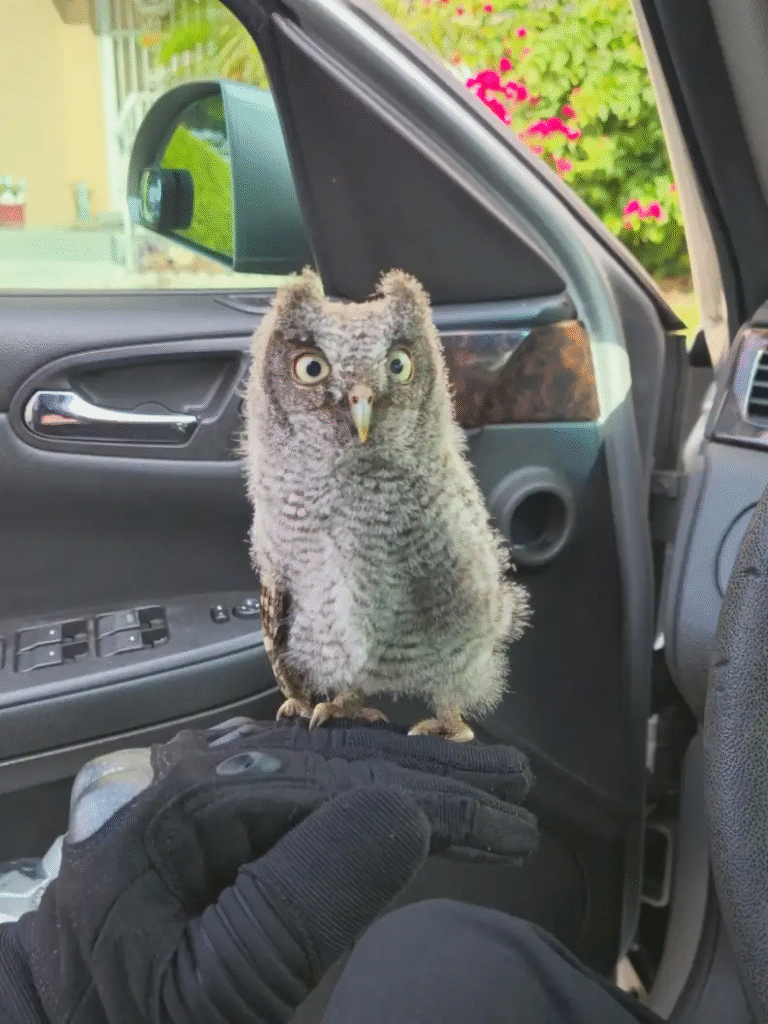
Meanwhile, at the rehab center, the owlet began to grow stronger. Within a few weeks, its fluffy down feathers started to give way to the mottled gray and rust-colored plumage typical of Eastern screech owls. It began to show natural instincts—stretching its wings, testing its talons, and becoming more vocal at night. These behaviors signaled that the owlet was progressing well and could eventually be transitioned into a flight enclosure, where it would learn to hunt and navigate like it would in the wild.
Staff prepared the young owl for this next stage by gradually reducing human contact and increasing exposure to sounds and movements that mimicked the outside world. It was a delicate balance: protecting the bird while encouraging its independence.
After several more weeks of conditioning, the time came to consider release. The wildlife team searched for a suitable location—far from roads and buildings, but within the owlet’s original territory. Releasing the bird nearby would increase its chances of finding a mate and surviving on familiar terrain.
Detective Smith was invited to witness the release. On a mild evening under a pink Florida sky, he joined the FWC officers and rehabilitation staff in a wooded area just a few miles from the parking lot where he had found the tiny bird. The owlet, now nearly fully grown, blinked calmly from inside its ventilated travel carrier.
As the door opened, the owl hesitated briefly, then leapt out with surprising grace. It flapped its wings with strength and purpose, landing in a nearby tree. There it perched, scanning the area with bright, alert eyes—no longer a helpless chick, but a young raptor ready to begin life in the wild.
Everyone present watched in silence, moved by the quiet triumph of the moment. For Detective Smith, it was a reminder that even the smallest acts of kindness can ripple outward, creating unexpected connections between people, nature, and the work of everyday heroes.
Later, the sheriff’s office shared the story on its official page, accompanied by photos of the owlet and a statement: “Detective Smith exemplified not just law enforcement professionalism, but compassion. We’re proud of his actions and grateful to our partners at FWC and the rehab center.” Thousands reacted, liked, and shared the post.
In the weeks that followed, the young owl wasn’t seen again—just as it should be. Somewhere in the Florida woods, it had blended into the environment where it belonged, possibly calling out in the dark to other owls nearby. Its journey had begun with fear and disorientation, but thanks to a watchful detective and a team of caring professionals, it was given a second chance at life.
And for everyone who followed the story, from local children to online readers across the country, the little owl became a symbol—not just of survival, but of how paying attention, even on an ordinary morning, can lead to something extraordinary.

Just after sunrise, a tiny, fragile shape sat alone on the asphalt—a baby screech owl, lost in the middle of a parking lot. No nest. No mother. No time to waste.
Detective Smith didn’t walk past.
He gently moved the owlet to safety, stood watch, and when no parent came, he called wildlife rescuers.
Thanks to his quiet compassion, that little owl is now safe, healing, and one day will fly free again.
Because real heroes don’t just protect people—they protect the smallest lives too.
![]() Full story in the comments.
Full story in the comments.
